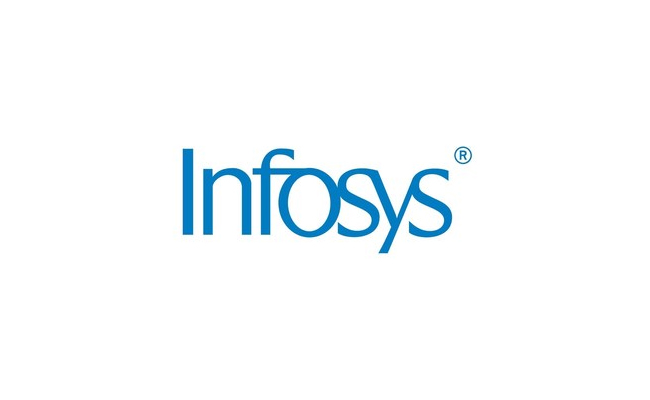Mumbai, Nov 24: The rupee declined 6 paise to close at its all-time low of 83.40 against the US dollar on Friday, tracking higher demand for the greenback from importers and a weak tone among Asian peers.
Forex traders said a muted trend in domestic equities also weighed on the local unit.
At the interbank foreign exchange market, the local unit opened at 83.33 against the US dollar and moved in the range of 83.33-83.40 during the session.
It finally settled at its lifetime low of 83.40 against the dollar, registering a fall of 6 paise from its previous close.
On Thursday, the rupee settled at 83.34 against the American currency.
"The Indian Rupee ended weaker to record closing low on Friday, weighed down by weakness in its Asian peers and dollar demand from foreign banks...For the week, the local unit depreciated by 0.10 per cent on the back of bids from foreign banks and importers' dollar demand.
"Meanwhile, most Asian peers were weaker this Friday, while a recovery of the US Treasury Yields also weighed on sentiments," Sriram Iyer, Senior Research Analyst at Reliance Securities, said.
The rupee depreciated on Friday on demand for dollars from importers and weak tone in Asian currencies. However, a softness in the US Dollar and a decline in crude oil prices cushioned the downside, Anuj Choudhary, Research Analyst, Sharekhan by BNP Paribas, said.
Meanwhile, the dollar index, which gauges the greenback's strength against a basket of six currencies, was trading 0.18 per cent lower at 103.73.
"In the overseas markets, the US Dollar Index was trading marginally weaker against the basket of currencies in thin Black Friday trading on bets rates have peaked.
"The Yen was flat even after Japan's core consumer price growth picked up, reinforcing views that the BoJ (Bank of Japan) may soon roll back monetary stimulus," Iyer said.
The Sterling was trading stronger against the greenback on Friday afternoon in Asian trading.
Brent crude futures, the global oil benchmark, rose 0.28 per cent to USD 81.65 per barrel.
On the domestic equity market front, Sensex fell 47.77 points, or 0.07 per cent, to settle at 65,970.04 points. The Nifty advanced 7.30 points, or 0.04 per cent, to 19,794.70 points.
Foreign institutional investors were net buyers in the capital market on Friday as they purchased shares worth Rs 2,625.21 crore, according to exchange data.
"We expect the rupee to trade with a slight negative bias due to weak global markets and expectations of a recovery in the US Dollar index. However, IPO-driven Dollar inflows and a weak tone in crude oil prices may support the local currency.
"Traders may take cues from PMI data out of the US today evening. USD/INR spot price is expected to trade in a range of 83.10 to 83.70," Choudhary said.
Let the Truth be known. If you read VB and like VB, please be a VB Supporter and Help us deliver the Truth to one and all.
Indore (PTI): The classmate of a 24-year-old female MBA student, arrested in Indore for her murder, allegedly abused the body after the killing and also performed occult rituals while on the run, police said.
On February 13, people complained of a foul smell emanating from a closed house in the city's Dwarkapuri police station area.
After police arrived at the scene, the naked body of a 24-year-old woman was found in the house.
The woman was pursuing a Master of Business Administration (MBA) degree from a city college and the body was found in her classmate's rented house, Deputy Commissioner of Police (DCP) Shrikrishna Lalchandani told PTI on Monday.
The classmate fled after the incident. He was taken into custody in Mumbai and is being interrogated after his arrest, the official said.
Referring to the accused's interrogation, the official said he allegedly strangled his classmate to death and then "abused" the body.
ALSO READ: Student killed, three injured in clash at college in Maharashtra's Latur; 4 held
"The accused also performed witchcraft near Panvel (in Navi Mumbai) while on the run. The accused claims that he was mentally disturbed after the murder and wanted to communicate with the woman's spirit through witchcraft," he said.
According to the DCP, the woman and the accused were in a close relationship.
"The accused suspected that she was talking to other men. Enraged, he killed her and fled," the official said.
After the woman's body was found, her father accused the classmate of trying to extort money from his daughter using her obscene photos and then torturing her to death.
The accused had even posted these photos on her college WhatsApp group, he alleged.





